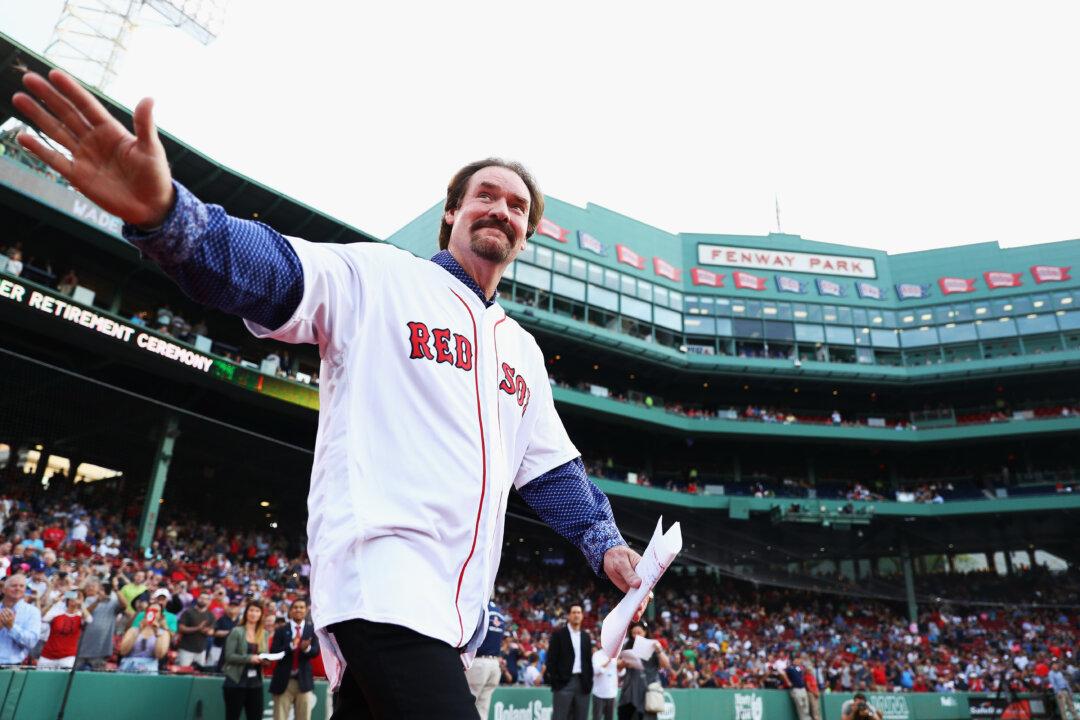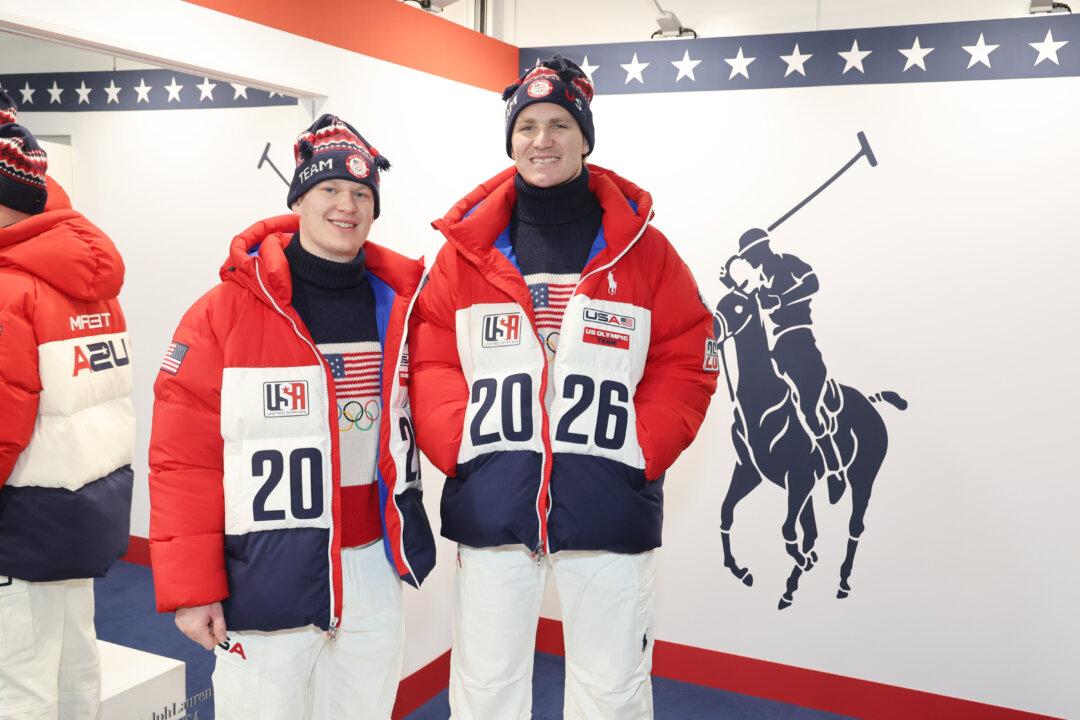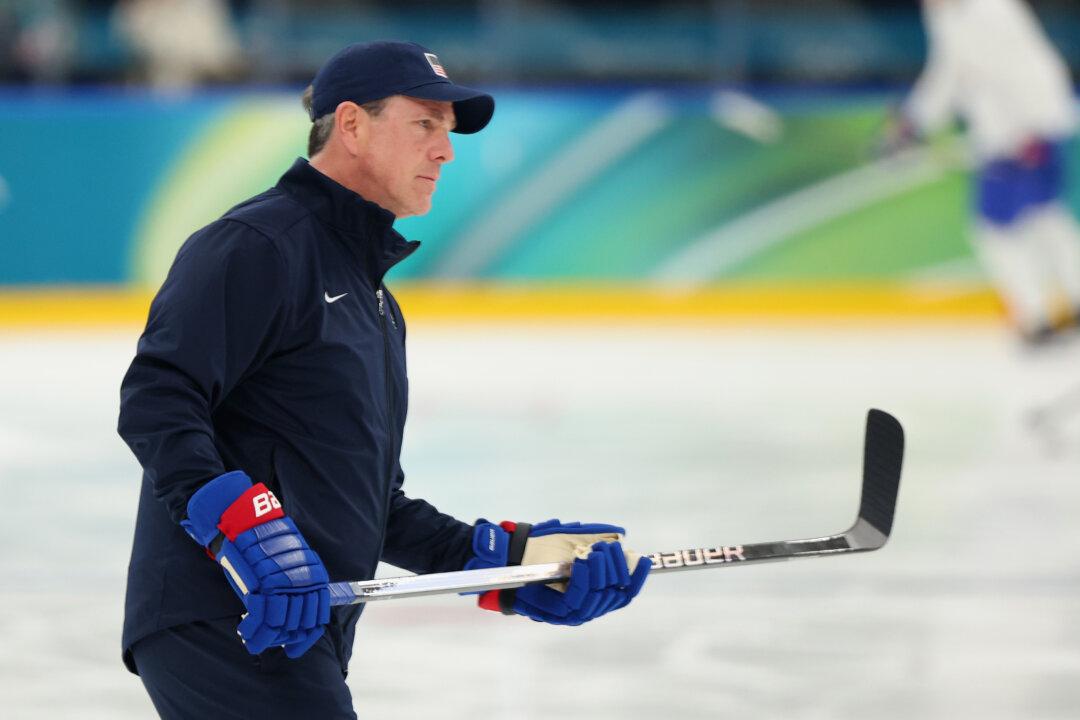Imagine a 33-inning baseball game being stretched out over 66 days. It happened.
Saturday, April 18, 1981, is when it all began. Triple-A International League baseball, two clubs that were no strangers to fans in Western New York and New England, began their day as any during their 140-game season schedule. During a time when clubs charged $4 for box seats, and bleacher seats could be had for $1.50, anticipation ran high for a game between the rivals on the evening before Easter Sunday.





